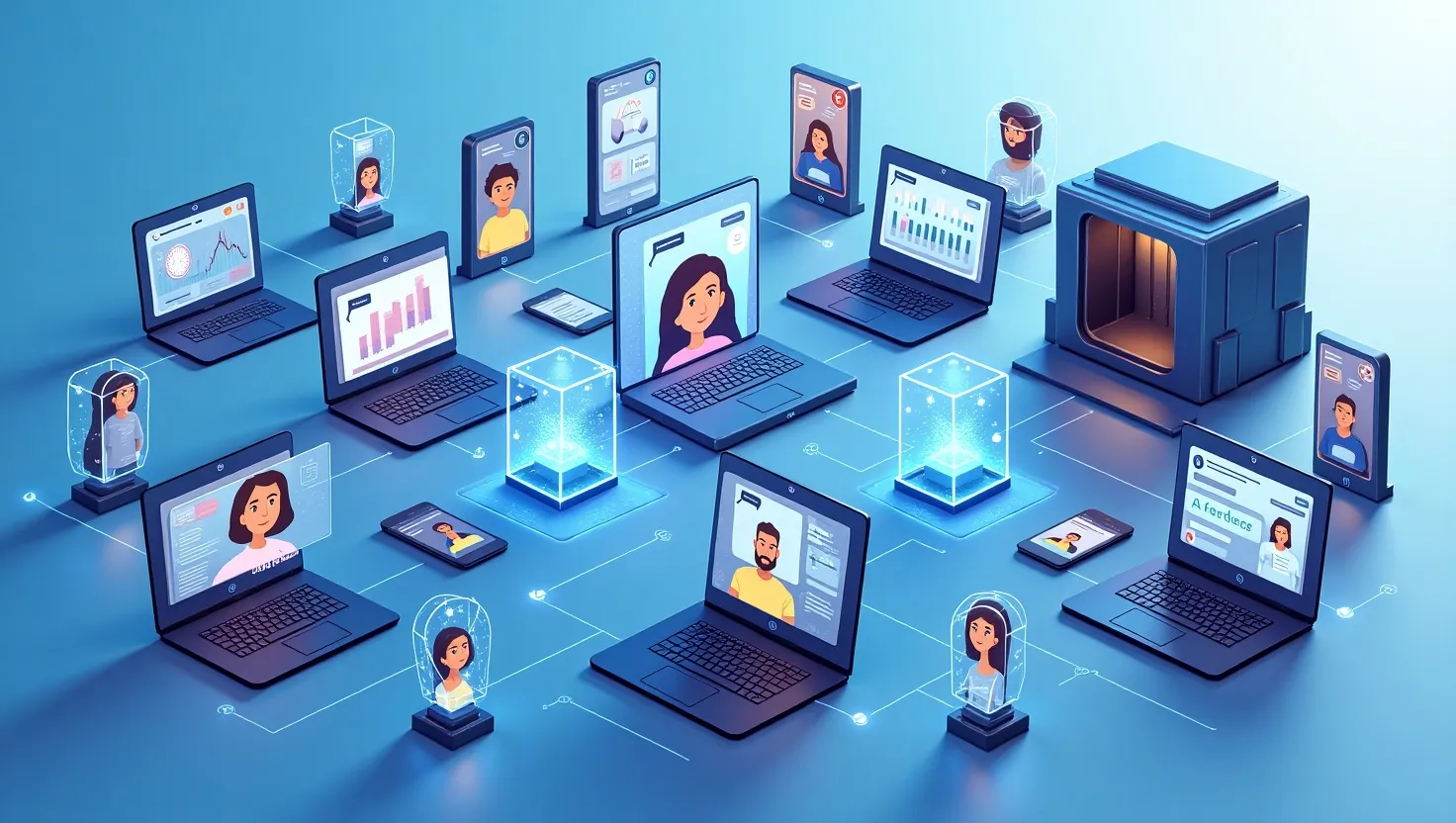The Other Side of Detector: Can an AI Detector Get You in Trouble at College?
Summary: Curious about AI detectors in college? Uncover their hidden risks, real-world incidents, and what they mean for students.
What Is an AI Detector?
An AI detector is a specialized tool built to spot content created by artificial intelligence, whether it’s text, images, or even audio. These detectors rely on advanced machine learning algorithms, trained on massive datasets to pick up on the unique patterns and quirks of AI-generated material. Think of it like a digital sniffer dog—once it’s learned the scent of AI, it can analyze new content and estimate the odds of it being machine-made.
In the college scene, AI detectors are popping up to tackle a growing issue: students using AI tools to whip up assignments or essays. With slick AI writing assistants becoming more common, universities are leaning on these detectors to keep things legit, ensuring that what you submit is your own work, not something churned out by a bot.

AI-Related Incidents in Higher Education
AI’s rise in academia has sparked some messy situations. Here’s a rundown of incidents that have stirred the pot in colleges:
Cheating Scandals: Some students have turned to AI to crank out full-blown essays or homework, passing it off as their own. When caught, the fallout’s been harsh—think failing grades, probation, or even getting the boot from school.
Wrong Calls: AI detectors aren’t perfect. There’ve been cases where legit, human-written work got flagged as AI-generated, landing students in hot water over false accusations. It’s a headache for everyone involved and can spark some serious debates.
Data Privacy Scares: These tools need to dig into your submissions to do their job, which has folks worried about who’s seeing their personal info and how it’s being stored—or worse, shared.
These hiccups show that AI detectors can be a double-edged sword, catching rule-breakers but sometimes swinging too wide.
The Impact of AI Detectors
AI detectors shake things up in colleges, bringing both perks and pitfalls. Let’s break it down.
Positive Impacts
Keeping It Real: They’re a solid line of defense against AI-assisted cheating, helping maintain a level playing field.
Better Feedback: By weeding out AI content, professors get a clearer picture of your skills, letting them tailor their advice to where you’re actually at.
Negative Impacts
Oops Moments: When detectors mess up and tag your original work as AI-made, it’s not just embarrassing—it can dent your confidence and reputation.
Privacy Worries: Handing over your work to be scanned can feel like a privacy invasion, especially if it’s not clear how that data’s being handled.
Tech Overload: Relying too much on these tools might sideline other ways of gauging talent, like good old-fashioned discussion or creative projects.
The trick is finding the sweet spot—using AI detectors smartly without letting them run the show.
What to Watch Out for When Using AI Detectors
To dodge trouble with AI detectors, here are some key pointers for both students and institutions:
Be Open About It: Colleges should lay out the rules—how detectors work, what they’re looking for, and what happens if they flag something. No surprises, no stress.
Play Fair: Make sure the tech’s applied evenly, so no one’s unfairly targeted or singled out.
Lock Down Privacy: Strong safeguards are a must to keep your personal details and submissions under wraps.
Stay Sharp: Regular tweaks to the detector’s tech can cut down on those pesky false flags and keep it running smoothly.
Guide, Don’t Punish: Push for honesty upfront with clear advice, so students aren’t tempted to test the system.
While we’re on the topic of AI tech, let’s take a quick detour. If you’re into exploring AI’s wilder side, check out Hotchat. It’s a platform where you can chat it up with AI in a fun, no-holds-barred way—think NSFW AI with a twist. While it’s not about detectors, Hotchat.ai shows off AI’s creative chops, giving you a taste of what these systems can do beyond the classroom. It’s a cool lens to see the tech powering detectors in action, just from a different angle.
Common Questions About AI in Academia
Is Using AI in College Taken Seriously?
Absolutely, but it’s a tightrope walk. AI can be a game-changer—think smart tools that help with research or crunch data fast. But when it crosses into cheating territory or raises privacy red flags, it’s serious business. Colleges need solid rules to keep it in check, making sure it’s a tool, not a crutch.
What’s the Future of AI in Universities?
AI’s set to shake up the college world big time. Picture personalized tutoring bots or research assistants that speed up breakthroughs. The flip side? We’ve got to wrestle with tricky stuff like bias in algorithms or over-dependence on tech. It’s a future packed with promise, but it’ll take some savvy steering to get it right.
Conclusion
AI detectors are a mixed bag in college life. They’re champs at spotting AI-generated work and keeping things honest, but they’re not without flaws—misjudgments and privacy hiccups can stir up trouble. The fix? Clear communication, fair use, and tight security. Looking ahead, AI’s role in academia is only going to grow, blending innovation with some tough questions. Whether it’s detectors or platforms like Hotchat pushing NSFW AI boundaries, the key is using AI to boost, not bog down, the college experience.



